Another host of changes have occurred over the last month. As an employer, make sure your processes are up to date.
Read on to make sure you haven’t missed anything!
Increase to the national minimum wage
As of 1 July 2023, the national minimum wage (NMW) increased by 8.6% as the classification that the NMW usually aligned to changed from C14 to C13 under the Manufacturing and Associated Industries Award. This was done to reflect the reality that an employee shouldn’t stay at the C14 classification for long as it’s a transitional rate for a new employee.
All other award rates experienced a 5.75% increase.
These increases only apply to employees currently paid at the minimum national wage or at a modern award classification.
The increase was greater than 2022’s increase of 4.6% and was largely guided by the state of the Australian economy, including the higher inflation rates of 2023.
Increase to superannuation guarantee
Minimum superannuation contributions rose again. The minimum guarantee is now 11%. There are still 2 more years of increases before we hit the final target of 12%.
Refer to your employment terms to confirm how you should action this change to employees’ remuneration packages.
Further Fair Work Act changes
Are you up to date with the Fair Work Act changes that came into force on June 6 2023?
The changes were:
- new obligations on employers when responding to employee flexible working arrangement requests
- new powers for the FWC to arbitrate on flexible working requests
- changes to how employers can respond to extensions of unpaid parental leave
- changes to the EBA process
This is just a summary of the host of changes that are now in force.
If you would like further information, please get in touch with our employment law team who will send you a link to our March webinar covering employer obligations in detail.



